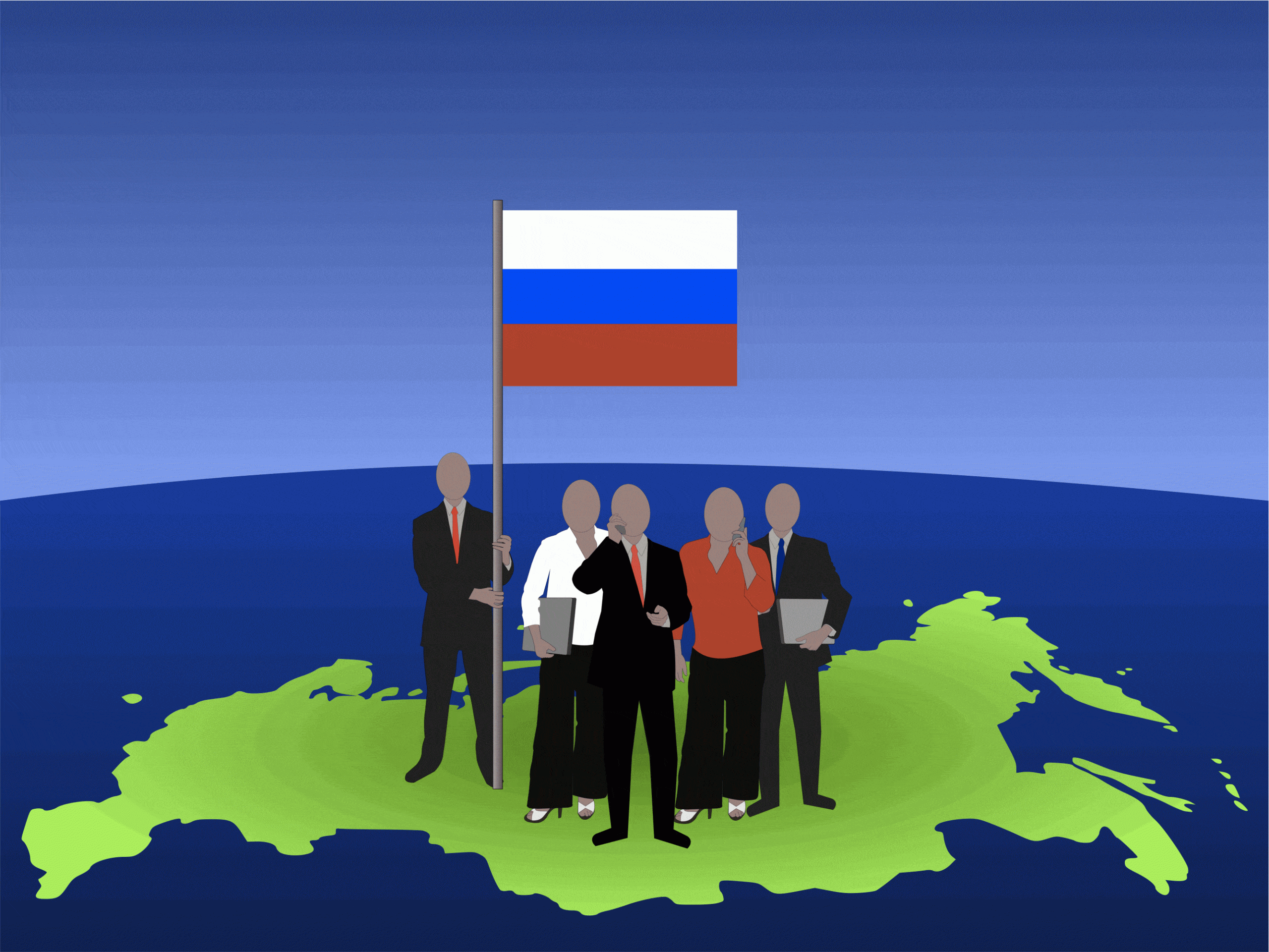
 In a land whose leading social network includes baked-in file-sharing, the government seems keen on encouraging a legal digital media ecosystem.
In a land whose leading social network includes baked-in file-sharing, the government seems keen on encouraging a legal digital media ecosystem.
Russian multi-media portal store Muz.ru says it has built, for the Ministry of Communication, a prototype system to alert copyright owners to illegal distribution of their audio, video, e-books and images.
“The tool is able to recognize content that users uploaded to the internet, determine who the author and owner are and under what conditions they are allowed to distribute their content,” according to Muz.ru.
Details are sketchy, but the so-called National Platform for Digital Content would let copyright holders register their ownership of material, set prices for its use and monitor its popularity. Muz.ru’s announcement stops short of saying those found to have improperly posted such artefacts will be asked to cough up.
CNews reports the government contract was worth 35.4 million rubles ($1.1 million). But it is apparently not the only system vying for the state’s business. Telco and pay-TV operator Rostelecom was asked by the government last fall to build just such a registry prototype, but that has gone quiet.
Leading social network vKontakte, which resembles Facebook, includes built-in file-sharing. In a case brought by one label group, Gala, St Peterburg’s commercial court in January ruled vKontakte in breach of copyright.
That buoyed labels. But vKontake’s appeal was set to begin today, May 17.
A similar-sounding system to Russia’s registry is being established in the UK, where the government last year assented to Professor Ian Hargreaves’ suggestion, in his Review Of Intellectual Property And Growth, that a Digital Rights Exchange be created that lists copyrighted works.
Hargreaves’ proposal was for an online registry of copyrighted works to make licensing of digital content more easy and quick for would-be online re-users. The government believes this could boost the digital economy.
According to a report by music labels’ umbrella group in March:
“(Russia) is currently being held back by a culture of copyright infringement that is epitomised by the music service run by the leading social networking site vKontakte.
“If Russia’s burgeoning legitimate business can effectively protect itself against such infringement, the country could become a top 10 music market.”
Russia was in 2011 one of only nine countries in the world to see a dip in digital music sales as well as physical.
